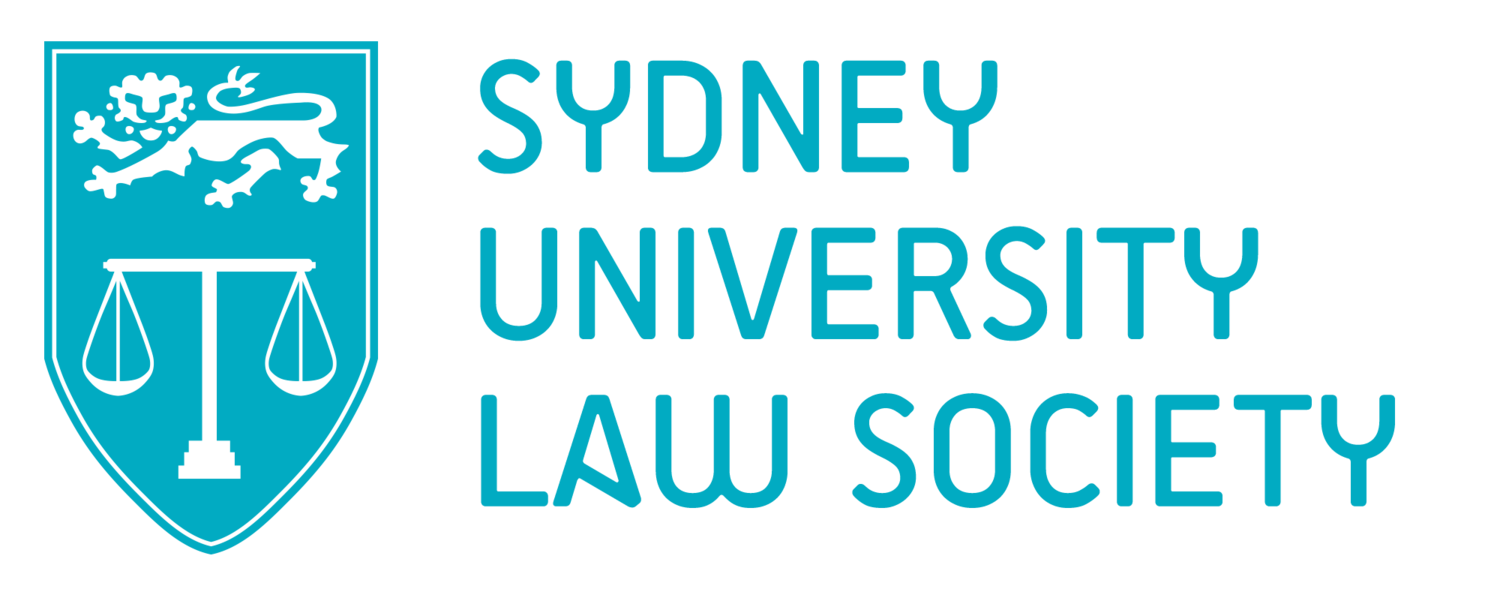Disabilities Portfolio
The SULS Disabilities Officer (Wilson Thai) is here to support all students living with disability, chronic illness, mental health conditions, or neurodivergence. The role exists to advocate for accessibility and inclusion within the law school, and to ensure that students feel supported both academically and personally throughout their degree. The Disabilities Officer is also a key point of contact for raising concerns or seeking guidance about academic adjustments, wellbeing support, or navigating university services. If you’re facing any challenges, or just want to chat about how SULS can better support you, please don’t hesitate to get in touch at disabilities@suls.org.au. You’re also very welcome to drop by the SULS office at any time.
Additionally, Christopher Rudge is the current Law School Faculty Disability Liaison Officer and can be reached at christopher.rudge@sydney.edu.au
DISABILITIES MEDIA GUIDE
[Image Description: 'Disabilities Media Guide - 'Ableism 101' written in all-caps white text is centred and positioned above smaller white text which reads, 'Author: A W Shim (2023 Interim SULS Disabilities Officer)'. The white SULS logo is in the top-left, with all elements upon a turquoise background.]
What is ableism? What is disability? How do we talk about disability? The Disabilities Media Guide (‘Ableism 101’) is here to help, providing a helpful introduction to disability & anti-ableism in general — particularly for people who wish to write and talk about disability.
Language and media representation can have the potential to perpetuate stigma and ableist assumptions. The purpose of this guide is to help destigmatise disability and to facilitate dialogue & discourse which is more inclusive towards the disability sector.
Although published by SULS, this publication is an intervarsity collaboration which builds upon the work of the Melbourne University Law Students’ Society (‘MULSS’) and will be periodically updated, in response to emergent needs including those reported by the Law Student Society (‘LSS’) & Law Student Association (‘LSA’) members of the Intervarsity Disability Network.
Please contact disabilities@suls.org.au or publications@suls.org.au for more information.
• The Disabilities Media Guide can be downloaded here (PDF version).
• To cater for those with accessibility needs, a docx version — that is compatible with Assistive Technology — can be downloaded here.
The SULS Disabilities Portfolio is headed by the SULS Disabilities Officer and supported by the SULS Disabilities Committee. The SULS Disabilities Portfolio represents all Sydney University Law School students who identify as having any kind of disability, including but not limited to physical disabilities, neurodivergency and mental health disorders.
The Portfolio performs a significant role in disability advocacy in the Law School, including conducting consultation with disabled-identifying law students and liaising with University administration to promote reforms regarding disability accessibility and inclusion in the Law School. The SULS Disabilities Officer also works within the SULS Executive to ensure our events, policies and culture are as accessible as possible to disabled-identifying people, and organises a range of initiatives and events aimed towards disabled students in the Law School. Overall, the portfolio aims to:
Be a strong voice in advocating for Disabled students at Sydney Law School
Foster a sense of connection and community amongst Disabled students at the Law School
Promote a culture of disability pride, acceptance and inclusion within the SULS, the Law School and the broader legal sector
Challenge Ableist stigma at every level of the Law and the Legal sector, particularly amongst students at Sydney Law School
Contact the Disabilities Officer
The SULS Disabilities Officer for 2025 is Wilson Thai. You can contact him via email at disabilities@suls.org.au. He is available to discuss any disability-related issues at the Law School and within SULS, from advocacy, to any additional questions you may have, to just touching base. All correspondence will be kept confidential unless you specify otherwise.
The portfolio also is undertaking ongoing consultation with disabled students at the Law School. If you have any matters regarding disability you would like to discuss, please contact the Disabilities Officer to set up a consultation session or use the SULS Disabilities Consultation Form below.
Useful Contacts & Resources
Caseworker Services
Sydney Law students dealing with specific academic issues such as applications to Disability Services or academic appeals are encouraged to make contact with an SRC or SUPRA caseworker who is trained to assist students with these matters. Caseworker services are free, and can be accessed via the SRC for undergraduate students and SUPRA for postgraduate students.
SRC Caseworker Contact: https://srcusyd.net.au/src-help/
SUPRA Caseworker Contact: https://supra.net.au/cpt_helps/postgraduate-advocacy-service/
SUPRA
https://supra.net.au/cpt_helps/postgraduate-advocacy-service/
SUPRA - Disability and Inclusion Network
Supporting documentation form for registering with IDS.
SULS Accessibility Policy
SULS has recently updated its Bylaws to include a new Accessibility Policy aimed towards addressing accessibility considerations at SULS events as well as cultural awareness of disability inclusivity within our organisation. The policy can be found in Part 15 of the SULS Bylaws (pages 28-30).
Disability Services
Disabled Sydney Law School students may apply to the University of Sydney’s Inclusion and Disability Services. Students must provide documentation and discuss their individual case with the University’s trained Disability Services Officers in order to determine eligibility. Eligible students can access various adjustments on an individual needs basis, such as exam and assessment adjustments and access to assistive technology.
Contact Disability Services:
Email: disability.services@sydney.edu.au
Phone: +61 2 8627 8422
Website: https://www.sydney.edu.au/students/health-wellbeing/inclusion-and-disability.html
Law School Faculty Disability Liaison Officers (FDLOs)
Each Faculty and School has at least one Faculty Disability Liaison Officer (FDLO) who can provide quick advice and support specific to the learning environment of the relevant University Faculty or School. The Law School’s FDLOs are Dr Scarlet Wilcock and Dr Christopher Rudge.
Law School FDLO Contacts:
Dr Scarlet Wilcock
New Law Building (F10), Camperdown Campus
Ph: +61 2 9351 8524
Email: scarlet.wilcock@sydney.edu.au
Dr Christopher Rudge
New Law Building (F10), Camperdown Campus
Ph: +61 2 9351 0439
Email: christopher.rudge@sydney.edu.au

